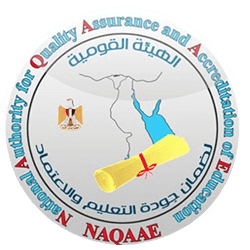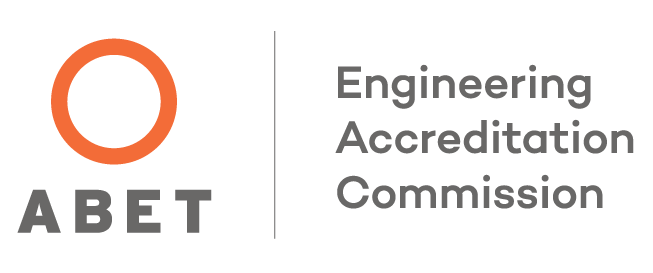About Mechanical Engineering
Mission
The program provides an outstanding educational level that adopts the competency-based learning methodology. This is done by adopting modern teaching methods such as project-based learning, student-centered learning, and the integration of curricula with each other vertically and horizontally. The program also attaches importance to entrepreneurship, innovation, and sustainable development, as well as means of continuing education to keep pace with technological leaps and changes in the labor market requirements, so that the graduate is qualified to practice professional and research work nationally and internationally in the fields of mechatronics engineering and thermal sciences and energy engineering.
Program Educational Objectives (PEOs)
The graduates of the mechanical engineering program at the School of Engineering and Applied Sciences at Nile University, within a few years, should meet the requirements of sustainable development of society in order to achieve environmental conservation with their ability to continuously self-learn in light of a system that adheres to the ethics of the profession by performing the following roles:
- A scientifically and technically integrated engineer and a skilled practitioner of the mechanical engineering profession.
- A professional researcher, who provides innovative solutions in mechanical engineering discipline.
- A Collaborative leader and effective team member dealing with other Engineering expertise.
- An entrepreneur with an impact in the field of mechanical engineering.
Students Outcomes (SOs)
The Mechanical Engineering program (MENG) has adopted the following seven student outcomes (SOs) as established from the criteria prescribed by ABET:
SO1: an ability to identify, formulate, and solve complex engineering problems by applying principles of engineering, science, and mathematics.
SO2: an ability to apply engineering design to produce solutions that meet specified needs with consideration of public health, safety, and welfare, as well as global, cultural, social, environmental, and economic factors.
SO3: an ability to communicate effectively with a range of audiences.
SO4: an ability to recognize ethical and professional responsibilities in engineering situations and make informed judgments, which must consider the impact of engineering solutions in global, economic, environmental, and societal contexts.
SO5: an ability to function effectively on a team whose members together provide leadership, create a collaborative and inclusive environment, establish goals, plan tasks, and meet objectives.
SO6: an ability to develop and conduct appropriate experimentation, analyze and interpret data, and use engineering judgment to draw conclusions.
SO7: an ability to acquire and apply new knowledge as needed, using appropriate learning strategies.
National Institutional Accreditation
|
|
The Mechanical Engineering (MENG) program is nationally accredited from The National Authority for Quality Assurance and Accreditation of Education “NAQAAE”, NAQAAE is a governmental body was established to enhance the quality of education in Egypt. |
International Institutional Accreditation
|
|
The Mechanical Engineering (MENG) Program is internationally accredited from The Accreditation Board for Engineering and Technology “ABET”, under the commission’s General Criteria and Program Criteria for Mechanical and Similarly named Engineering programs. |



